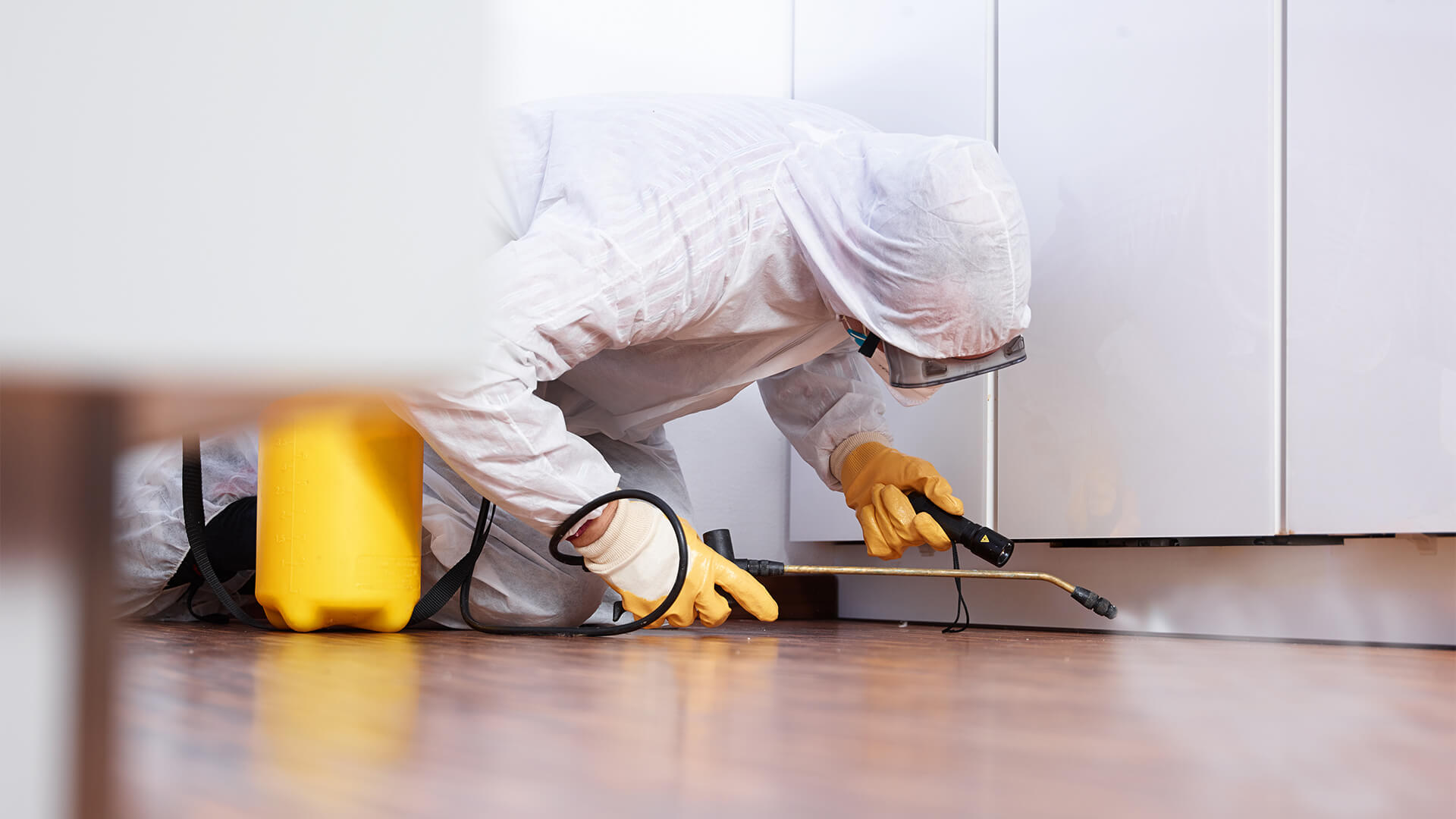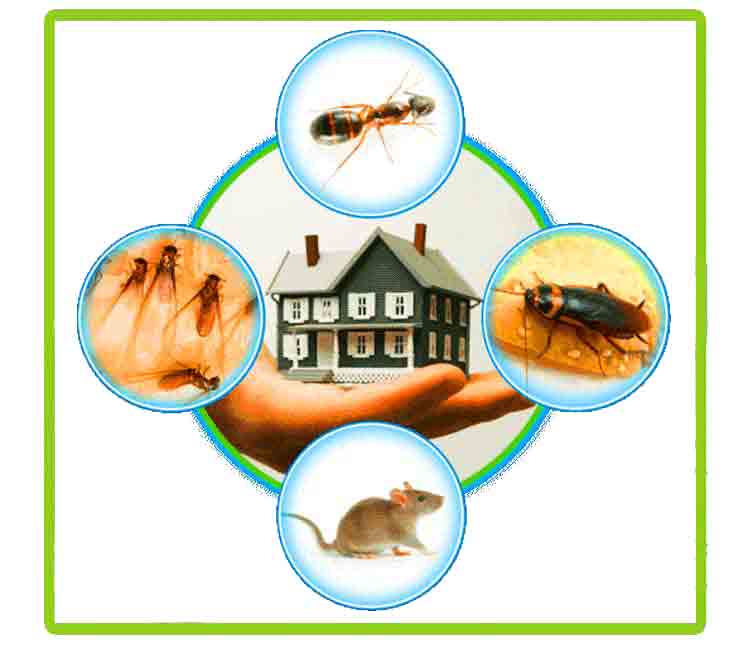Affordable Rat Control Coquitlam Services to Keep Your Home Safe
Safe and Trusted Pest Control for Lasting Defense
Efficient insect monitoring needs a multifaceted strategy that balances eco-friendly stability with the need for reliable insect reductions. The nuances of these approaches might not be right away clear, motivating a better examination of the methods that can lead to sustainable pest control results.
Understanding Bug Control Approaches
Pest control includes a selection of techniques intended at managing and getting rid of unwanted bugs and rodents that can endanger both wellness and building. Comprehending these techniques is essential for efficient parasite management.
The main groups of pest control methods consist of mechanical, organic, and chemical approaches. Mechanical techniques entail physical obstacles and traps to avoid insect entrance and capture undesirable species. Making use of displays on home windows or employing sticky traps can substantially decrease bug populations without presenting harmful substances - exterminator coquitlam.

Chemical bug control is usually one of the most acknowledged technique, utilizing chemicals to remove pests. These chemicals can be reliable yet need to be used with care to prevent unfavorable effects on non-target varieties and the atmosphere.
Benefits of Eco-Friendly Solutions
Just how can green services transform pest control techniques? The adoption of eco-friendly pest control techniques offers numerous benefits, considerably boosting the efficiency and safety of parasite monitoring (exterminator coquitlam). To start with, these services make use of natural ingredients, lowering the reliance on dangerous chemicals that can pose dangers to human health and the atmosphere. This change not just safeguards pet dogs and families however also lessens the possibility for soil and water contamination.

Another advantage is the positive influence on local biodiversity. Green solutions are developed to target specific pests while preserving advantageous insects and wildlife, promoting a well balanced ecosystem. This strategy aligns with the growing consumer demand for sustainable methods, boosting the reputation of insect control carriers.
Integrated Bug Administration Approaches
The execution of eco-friendly remedies naturally leads to the fostering of Integrated Bug Administration (IPM) techniques, which further boost insect control efficacy. IPM is an all natural technique that combines numerous techniques to manage parasite populations while decreasing ecological impact. This method highlights using organic, cultural, mechanical, and chemical controls, making certain a balanced and lasting approach of insect monitoring.
One essential facet of IPM is the detailed assessment of parasite task and environmental conditions. By keeping an eye on insect populaces and determining their life cycles, professionals can implement targeted interventions that interfere with the pest's environment or lifecycle, minimizing dependence on chemical pesticides. Additionally, social practices such as crop turning and habitat manipulation can important site significantly diminish insect establishment and reproduction.
Another vital component is making use of biological control representatives, such as useful insects or microorganisms, which can normally reduce parasite populaces. When chemical applications are necessary, IPM prioritizes making use of low-risk chemicals and applies them precisely, minimizing exposure to non-target organisms and people.
Including IPM approaches not only enhances insect control efficiency yet also promotes a safer environment, Recommended Reading aligning with the growing demand for sustainable methods in parasite monitoring.
Safe Practices for Homeowners
Recognizing the importance of secure practices in insect control can empower property owners to successfully take care of parasite concerns while guarding their wellness and the setting. Carrying out safe techniques and safety nets is important in minimizing exposure to hazardous chemicals.
Home owners must initially examine their atmosphere for conditions that draw in insects, such as standing clutter, food, and water waste. Consistently cleaning and securing entrance factors can discourage parasites from attacking the home. Utilizing all-natural deterrents, such as important oils or diatomaceous planet, can supply effective options to chemical pesticides.
When chemical therapies are needed, house owners should select products that are particularly classified as safe for property use. It is important to comply with application standards carefully to stay clear of overexposure. Using targeted treatments in locations where pests are identified, instead than covering splashing, can dramatically decrease chemical usage.
Last but not least, maintaining open communication with insect control experts is essential. Property owners should ask about the safety of products utilized and request environment-friendly options whenever feasible. By adopting these secure methods, homeowners can develop a healthier living environment while successfully handling bug problems.

Tips for Long-Term Security
Developing a bug administration method that stresses long-lasting security can considerably improve the efficiency of the safe methods previously talked about. To accomplish this, property owners ought to implement normal inspections of their residential or commercial property, concentrating on concealed locations such as attics, basements, and crawl rooms. Early discovery of insect activity is essential in preventing problems from holding.
These practices minimize attractants that draw bugs right into the home. Sealing access points, such as fractures around home windows and doors, can properly block prospective parasite gain access to.
Landscape design should likewise be taken into consideration; keeping plants trimmed and keeping a distance in between vegetation and the home minimizes concealing spots for insects. Utilizing natural deterrents, such as crucial oils or diatomaceous earth, can additionally discourage infestations without turning to harsh chemicals.
Lastly, teaming up with a specialist pest control service for regular analyses can provide an additional layer of protection. These experts can provide tailored suggestions and progressed therapies, making certain that your home remains shielded against pests in the long term.
Final Thought
To conclude, dependable and safe parasite control requires a complex strategy that emphasizes eco-friendly methods and integrated parasite monitoring. By implementing all-natural deterrents, performing normal examinations, and keeping correct hygiene, residential property proprietors can significantly reduce parasite populaces while securing helpful bugs go to website and the atmosphere. Collaboration with professional parasite control solutions improves the effectiveness of these strategies, making certain customized services that give long-term security and peace of mind against future problems.
Efficient pest monitoring needs a complex technique that balances eco-friendly stability with the need for reliable bug suppression. The fostering of environmentally friendly insect control methods supplies many benefits, dramatically enhancing the performance and security of parasite administration.The implementation of green services normally leads to the adoption of Integrated Parasite Management (IPM) approaches, which even more improve pest control effectiveness. exterminator coquitlam. By keeping an eye on pest populaces and identifying their life cycles, professionals can implement targeted interventions that interrupt the pest's habitat or lifecycle, lowering reliance on chemical pesticides.In final thought, trusted and safe pest control requires a multifaceted approach that emphasizes eco-friendly techniques and incorporated parasite administration